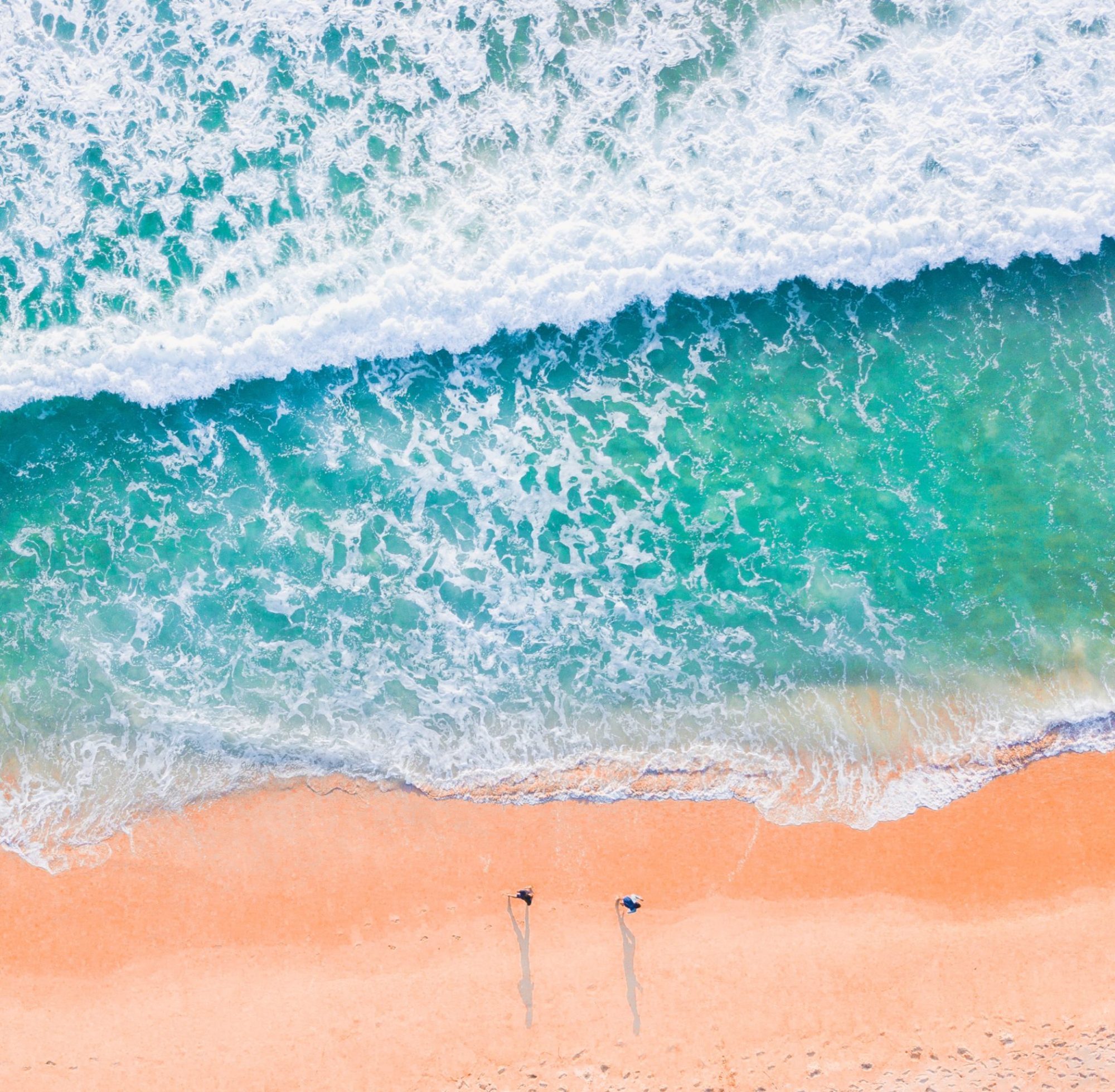
First let’s define some terms. A sanctuary is defined as ” a place of refuge or safety.” A sanctuary city is “a city whose municipal laws tend to protect undocumented immigrants from deportation or prosecution, despite federal immigration law.” The history of sanctuary cities goes back thousands of years. It has been associated with Christianity, Islam, Judaism, Buddhism, Baháʼí, Sikhism, and Hinduism. Leaders of sanctuary cities say they want to reduce fear of deportation and possible family break-up among people who are in the country ILLEGALLY, so that they will be more willing to report crimes, use health and social services, and enroll their children in school. Some of these city’s policies include prohibiting police or city employees from questioning people about their immigration status and refusing requests by national immigration authorities to detain people beyond their release date, if they were jailed for breaking local law. Sounds pretty insane to me!!
So how did sanctuary cities come to be in America during more recent times? The movement to create SC’s began in the 1980’s. Asylum seekers were arriving from countries in Central America like El Salvador and Guatemala that were politically unstable. Faith based groups in the US Southwest were the first, with eight churches publicly declaring to be sanctuaries in March 1982. John Fife, a minister and movement leader, famously wrote in a letter to Attorney General William Smith: “the South-side United Presbyterian Church will publicly violate the Immigration and Nationality Act by allowing sanctuary in its church for those from Central America.” The Trump administration’s strict stand on illegal immigration and pursuing deportations led to many cities declaring themselves SC’s. These included funding a wall along the U.S.-Mexico border, a crackdown on the influx of Central American minors, and curbs on federal grants to sanctuary cities. In response we saw entire states such as California refuse to enforce Trump’s executive orders. So entire STATES can become sanctuaries!

Which leads me to the premise of this post. WHY NOT form sanctuary states that protect the beliefs and political philosophies of a particular state’s citizens? I wrote about secession in a previous post. https://drjonsicu.com/what-is-secession-and-what-would-it-look-like/ Perhaps creating a sanctuary state (SS) would be more acceptable and possible. Clearly there is a HUGE philosophical, political and social variation between Red and Blue states. Policies about immigration, voting, abortion rights, Covid lockdowns, income and state taxes, law enforcement, homelessness, corporate tax laws, environmental regulations, healthcare, gun rights are just some of the differences.

So how could a Sanctuary State work? Well Kyle Chan does a very interesting analysis of what secession could look like. “Blue America would create a universal public healthcare system, raise taxes on the wealthy, and open the country to immigration. Red America would drastically cut personal and corporate taxes, restrict immigration, and shrink government spending.” You can read his entire article here: https://medium.com/@kyle.i.chan/how-to-divide-the-united-states-into-two-countries-f388903876b Sanctuary States would be less drastic and we’re seeing some of it already.

Governor DeSantis here in Florida has made it very clear that he will legislate in the direction it’s residents actually want. No state income tax, no critical race theory being taught in schools, lockdowns that ended nearly a year ago while some parts of America are still shut down, very successful vaccination programs, banning vaccine “passports”, and recently winning one for the cruise ship industry against the CDC trying to require all passengers including children be vaccinated.

Just how far could a State go in creating the environment it’s citizens want? States’ rights refer to the political rights and powers granted to the states of the United States by the U.S. Constitution. Under the doctrine of states’ rights, the federal government is not allowed to interfere with the powers of the states reserved or implied to them by the 10th Amendment to the U.S. Constitution. James Madison, a committed federalist wrote that “the Constitution maintains the sovereignty of states by enumerating very few express powers to the federal government, while “[t]hose which are to remain in the State governments are numerous and indefinite.” On the other hand Article 6, Paragraph 2 of the U.S. Constitution states that the laws of the United States — federal laws — are the supreme law of the land and judges in every state are bound by them regardless of conflicting state laws. It gets a LOT more complicated than that!
Clearly Sanctuary States are an idea whose time has come. It won’t be easy though with the socialist liberal agenda happening across Blue America currently has the White House. Their vision is MUCH different than that of a state like Florida. For now Florida IS my sanctuary state but it’s time to get involved if you want to keep it that way. Get out and vote and take 3 others with you who normally don’t vote. Work on a campaign with a candidate you believe in. Get involved! TGIF! Thank God It’s Florida!



Yes Florida the state that wants to survey students on their religious beliefs.
Because there is totally nothing alarming about the government demanding to know your religion or anything.
I mean what’s next for Florida they going to require the same students to get some identifying Arm tattoo…
That’s a bit drastic don’t you think? The law is actually to PROTECT student’s rights to express ideas and beliefs that don’t coincide with educators who may penalize those that don’t “think like they do” Here’s the law: “The BOE will be required to select or create an objective, nonpartisan and statistically valid survey for each institution to use, and determine the extent that competing ideas are presented to the college’s community. In this case, college community refers to students, faculty and staff. The survey will check how free they feel to express their own beliefs and viewpoints while on campus and in the classroom.”
Ok, Keep telling yourself those sweet sweet stories. Just like people likely did back in the 1930s in some other places.
I swear ignorance has no bounds. None.